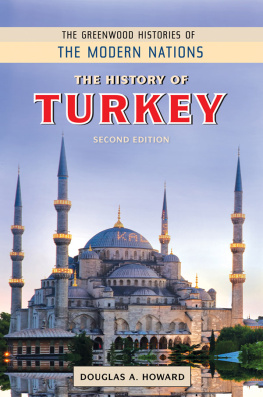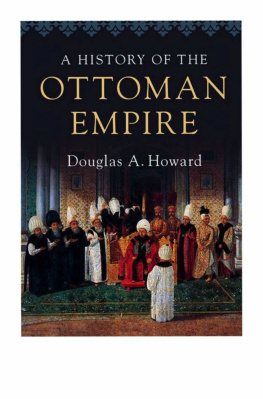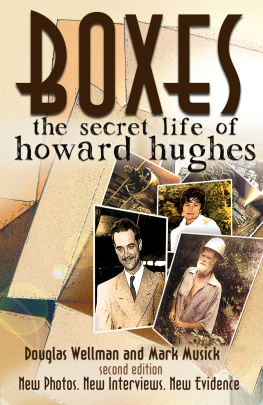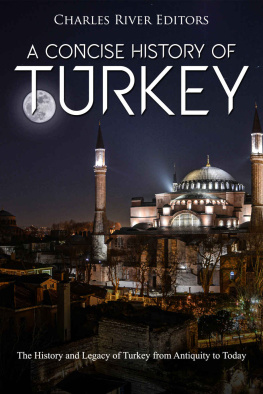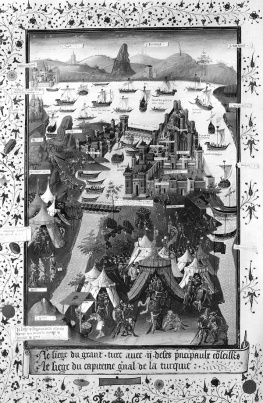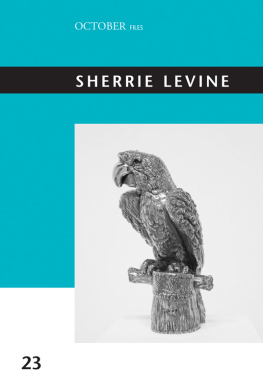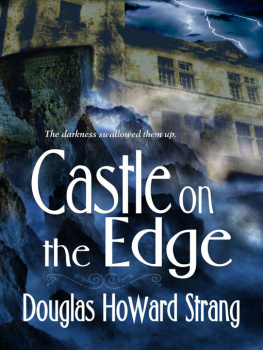Douglas A. Howard - The history of Turkey
Here you can read online Douglas A. Howard - The history of Turkey full text of the book (entire story) in english for free. Download pdf and epub, get meaning, cover and reviews about this ebook. year: 2016, publisher: Greenwood, genre: History. Description of the work, (preface) as well as reviews are available. Best literature library LitArk.com created for fans of good reading and offers a wide selection of genres:
Romance novel
Science fiction
Adventure
Detective
Science
History
Home and family
Prose
Art
Politics
Computer
Non-fiction
Religion
Business
Children
Humor
Choose a favorite category and find really read worthwhile books. Enjoy immersion in the world of imagination, feel the emotions of the characters or learn something new for yourself, make an fascinating discovery.
- Book:The history of Turkey
- Author:
- Publisher:Greenwood
- Genre:
- Year:2016
- Rating:5 / 5
- Favourites:Add to favourites
- Your mark:
- 100
- 1
- 2
- 3
- 4
- 5
The history of Turkey: summary, description and annotation
We offer to read an annotation, description, summary or preface (depends on what the author of the book "The history of Turkey" wrote himself). If you haven't found the necessary information about the book — write in the comments, we will try to find it.
The history of Turkey — read online for free the complete book (whole text) full work
Below is the text of the book, divided by pages. System saving the place of the last page read, allows you to conveniently read the book "The history of Turkey" online for free, without having to search again every time where you left off. Put a bookmark, and you can go to the page where you finished reading at any time.
Font size:
Interval:
Bookmark:

About the Author
DOUGLAS A. HOWARD received a BA from Western Michigan University and an MA and PhD from Indiana University. He is Professor of History at Calvin College in Grand Rapids, Michigan, where he teaches courses on Middle Eastern, Indian, and World History and has directed off-campus study programs in Hungary, Turkey, and Washington, D.C. He is a former editor of The Turkish Studies Association Bulletin and is the author of Amid the Ruins: The Ottoman Empire, 13001924 and academic articles on Ottoman administrative and literary history. He enjoys reading good novels, drinking strong coffee, and playing the piano.
I would like to thank the editors at Greenwood Press, especially Kaitlin Ciarmiello and series editors Frank Thackeray and John Findling, for the timely opportunity to write this revised, second edition of The History of Turkey.
My colleagues and friends in the History Department at Calvin College have been a steady source of encouragement and have offered fresh ways of seeing things from the perspective of interested outsiders to Turkey. My chairman, Will Katerberg, gave me strong support as I took on the project. A research trip was funded by the Calvin College faculty travel fund. Friends in Turkey happily lent their experienced observations. Erdem pa of the University of Michigan made available to me some recent publications to which I would not otherwise have had access. Through former Calvin College president Gaylen Byker, I met three outstanding tourism professionals, Ender Tan, Orhan Sezener, and Lale Deniz, who have befriended several groups of Calvin College undergraduates and answered their and my many questions tirelessly and with passion, humor, and critical insight. I am grateful both for their good-natured professionalism and their deep faith in human goodness.
I owe many thanks to my wife Sandy, my traveling partner in life, for her love and graciousness. Our son Steven gave me a place to stay on recent visits to Istanbul, his residence for several years. I am indebted to him for his eyewitness accounts of the Gezi Park protests of 2013. He also read and gave generous feedback on parts of the manuscript. Finally, I would like to thank my father, my late mother, and my sisters (to whom this book is dedicated), for many cherished memories of life in the beautiful country and among the beautiful people of Turkey.
ADVISORY BOARD
John T. Alexander
Professor of History and Russian and European Studies,
University of Kansas
Robert A. Divine
George W. Littlefield Professor in American History Emeritus,
University of Texas at Austin
John V. Lombardi
Professor of History,
University of Florida
The books and articles and other materials mentioned below are intended as a guide for the interested reader who wants to know more about specific aspects of Turkish history. Although this essay gives only materials published in English, it should be emphasized that the overwhelming majority of the primary sources for Turkish history exist only in Turkish and have not been translated. Knowledge of Turkish is essential for original historical research on Turkey. The leading scholarly organization of Turkish studies in North America is the Ottoman and Turkish Studies Association, which publishes the semi-annual Journal of the Ottoman and Turkish Studies Association.
For basic reference materials, the online resource guide maintained by the Library of Congress gives a good overall introduction to the several fields of study that comprise Turkish studies. Although Turkologischer Anzeiger seems to have ceased publication, its annual volumes are the most complete bibliography for specifically Turkish subjects as long as it was published. Metin Heper and Nur Bilge Crisss updated Historical Dictionary of Turkey (Lanham, MD: Scarecrow, 3rd ed., 2009) is a handy, short reference work. Donald Edgar Pritchards Historical Geography from the Earliest Times to the End of the Sixteenth Century (Leiden: Brill, 1972) contains outstanding maps for the period it covers. Ky Ky Trkiye Yol Atlas, published by Map Medya in Istanbul at 1/400,000 scale, is the best atlas of Turkey today.
For current events in Turkey, all important Turkish daily newspapers and news magazines have websites; for English readers, Hrriyet Daily News has the best and oldest archive; other English online dailies include Todays Zaman, Cumhuriyet, and Daily Sabah.
On Ancient Anatolia, Ekrem Akurgals guide Ancient Civilizations and Ruins of Turkey 10th ed. (Istanbul: NET Turistik, 2007) is a detailed, single-volume reference covering major sites through the Roman period with photos, maps, and diagrams. Seton Lloyd, Turkey: A Travellers History of Anatolia (Berkeley and Los Angeles: University of California Press, 1989) is a readable introduction. Lynn E. Rollers In Search of God the Mother: The Cult of Anatolian Cybele (Berkeley, Los Angeles and London: University of California Press, 1999) is a careful study of the available data with broader implications than the title suggests. John Freely, coauthor with Hilary Sumner-Boyd of the best historical guidebook for Istanbul, Strolling Through Istanbul: A Guide to the City (Istanbul: Redhouse, 1972), also wrote the excellent, brief Classical Turkey (London: Chronicle Books, 1990) in the Architectural Guides for Travelers series.
Environmental history in Anatolia is beginning to get some attention. One might well begin with studies of seismicity by Nicholas Ambraseys and Caroline Finkel, The Seismicity of Turkey and Adjacent Areas: A Historical Review, 15001800 (Istanbul: Eren, 1995), and a second by Ambraseys, Earthquakes in the Mediterranean and the Middle East: A Multidisciplinary Study of Seismicity to 1900 (Cambridge: Cambridge University Press, 2009); Elizabeth Zachariadous Natural Disasters in the Ottoman Empire (Rethymnon: Crete University Press, 1999) is broader; and Samuel Whites work brings together data on climate in Climate of Rebellion in the Early Modern Ottoman Empire (Cambridge: Cambridge University Press, 2011).
The best general history of Turkey since AD 1000 is the Cambridge History of Turkey (Cambridge: Cambridge University Press, 20062012), which features separate topical chapters written by the best authorities in the field. The first of its four volumes covers the Byzantine period until the conquest of Constantinople (10711453); the second volume covers 14531603; volume 3 covers 16031839; volume 4 covers the last two centuries. Two other Cambridge histories fill desperate gaps. First, on Byzantine Empire, there is now The Cambridge History of Byzantium, c. 5001492, ed. Jonathan Shepard (Cambridge: Cambridge University Press, 2009); additionally, volume 5 of The Cambridge History of Early Christianity, edited by Michael Angold (Cambridge: Cambridge University Press, 2014), covers the Eastern Church. George Ostrogorskys classic, History of the Byzantine State (New Brunswick, NJ: Rutgers University Press, 1969) remains useful. Beyond these, although studies of specific aspects of the history of Christianity during the Ottoman centuries have been published, few general evaluations are available. Though methodologically flawed, the work of Speros Vryonis Jr., The Decline of Medieval Hellenism in Asia Minor and the Process of Islamization from the Eleventh through the Fifteenth Century (Berkeley and Los Angeles: University of California Press, 1971), is still valuable, and Steven Runcimans The Great Church in Captivity: A Study of the Patriarchate of Constantinople from the Eve of the Turkish Conquest to the Greek War of Independence
Font size:
Interval:
Bookmark:
Similar books «The history of Turkey»
Look at similar books to The history of Turkey. We have selected literature similar in name and meaning in the hope of providing readers with more options to find new, interesting, not yet read works.
Discussion, reviews of the book The history of Turkey and just readers' own opinions. Leave your comments, write what you think about the work, its meaning or the main characters. Specify what exactly you liked and what you didn't like, and why you think so.

